Many areas of social, natural, and behavioral sciences increasingly rely on computer science for day-to-day activities. This, in turn, encourages the need for interdisciplinary collaborations to incorporate core CS principles and cutting-edge computational and analytical techniques in other disciplines to address specific issues. Facilitating these collaborations is one of the key tenets of the Department of Computer Science, fostering breakthroughs in science, technology, and education.
Affiliated Centers, Programs and Institutes
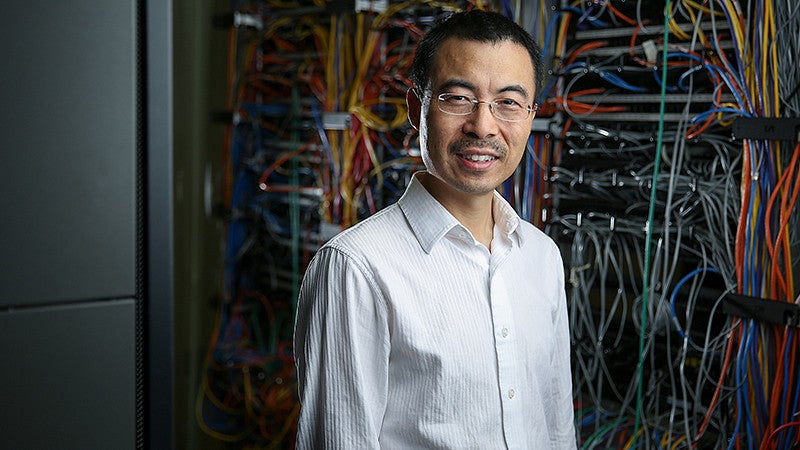
Center for Cyber Security and Privacy
The University of Oregon established the Center for Cyber Security and Privacy (CCSP) as the university's primary hub for cyber security research and education. It is one of a range of research centers and institutes on campus that serve as hubs for interdisciplinary research and collaboration.
Led by director Jun Li, CCSP conducts a variety of research projects and educational efforts focusing on the security and privacy of computer networks and systems. The center brings together faculty working in multiple departments and schools, including Computer Science, Philosophy, the Lundquist College of Business, the School of Law, and Information Services.
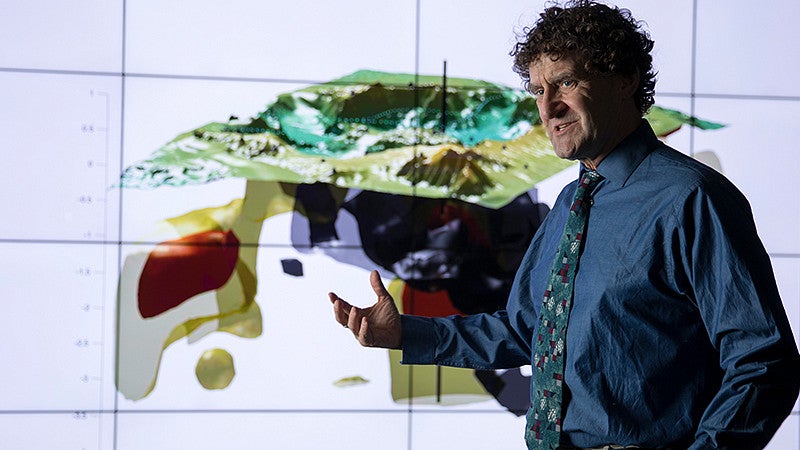
Oregon Advanced Computing Institute for Science and Society
The mission of the Oregon Advanced Computing Institute for Science and Society (OACISS) is to be the intellectual leader and home for HPC-oriented research and HPC-enabled research at the University of Oregon. OACISS will promote computational and data science research excellence, engage with UO research teams to create new HPC-driven projects and pursue research funding opportunities, grow core competencies and expertise, support HPC education and training, encourage technology transfer in research domains successfully applying advanced computing methods, and represent UO’s image and visibility in this critical area.
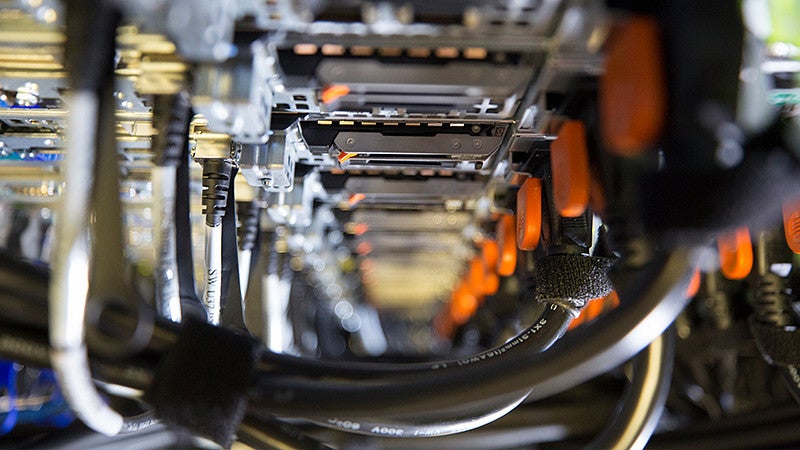
Talapas Supercomputer
The Talapas supercomputer is a High Performance Computing (HPC) cluster capable of performing over 250 trillion floating point operations every second. The acquisition and deployment of Talapas marks a new era for research computing at the University of Oregon. A true research cluster, Talapas is designed to accommodate a wide variety of workflows, from classical MPI based distributed computing to GPU accelerated simulations to large memory applications. This heterogeneous design delivers a single cluster that can effectively serve the unique needs of the diverse computational research community at the University of Oregon

Computer Science Machine Room
The Department of Computer Science maintains a computer machine room in its building (Deschutes Hall) that houses all CS research and educational computing equipment that cannot be placed in individual offices.
Interdisciplinary Student Research Profiles
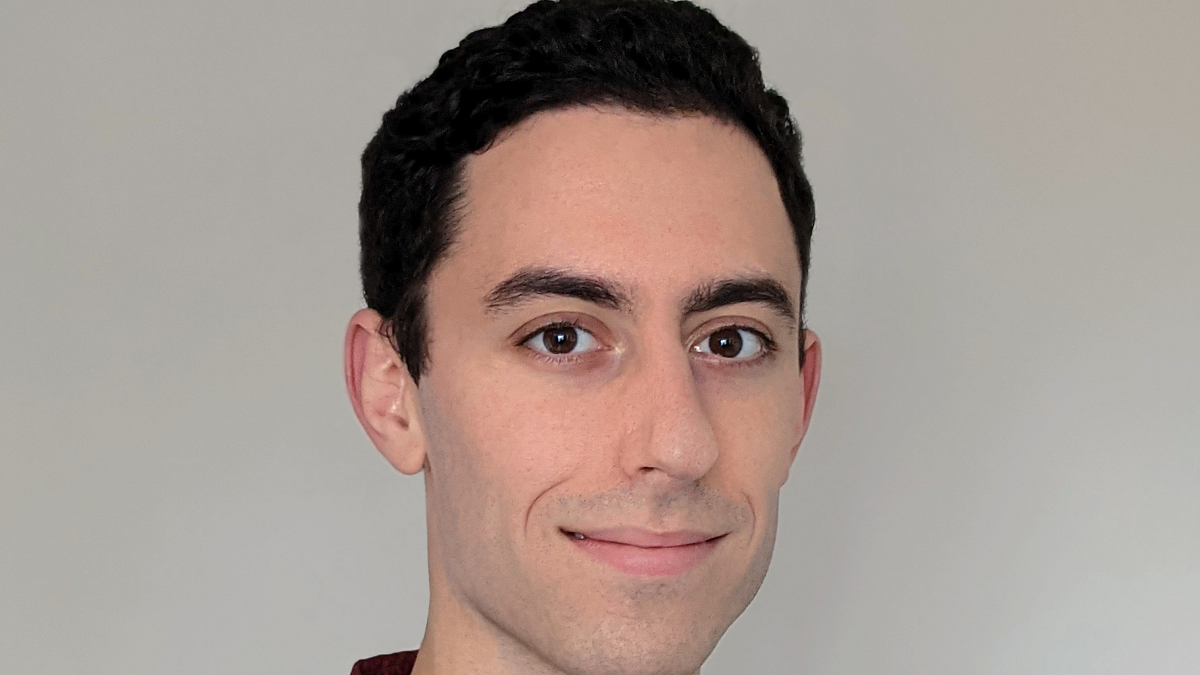
Juno Mayer, BS Computer Science, 2021
Enhancing the Resiliency of Internet Infrastructure to Earthquakes
This project seeks to assess the resilience of internet infrastructure in the Pacific Northwest against the impending Cascadia earthquake. To this end he has designed a framework for pinpointing high-risk areas determined by infrastructure concentration and predicted levels of shaking and conducted a broad assessment of the potentially affected fiber-optic cables, nodes, and cell towers. Currently Juno is investigating the impact that earthquake-induced shaking has at the packet level and proposing performance thresholds for internet infrastructure int he Northwest to best prepare for the Cascadia earthquake.
For more on Juno Mayer's work, explore the ShakeNet project led by Ram Durajrajan.
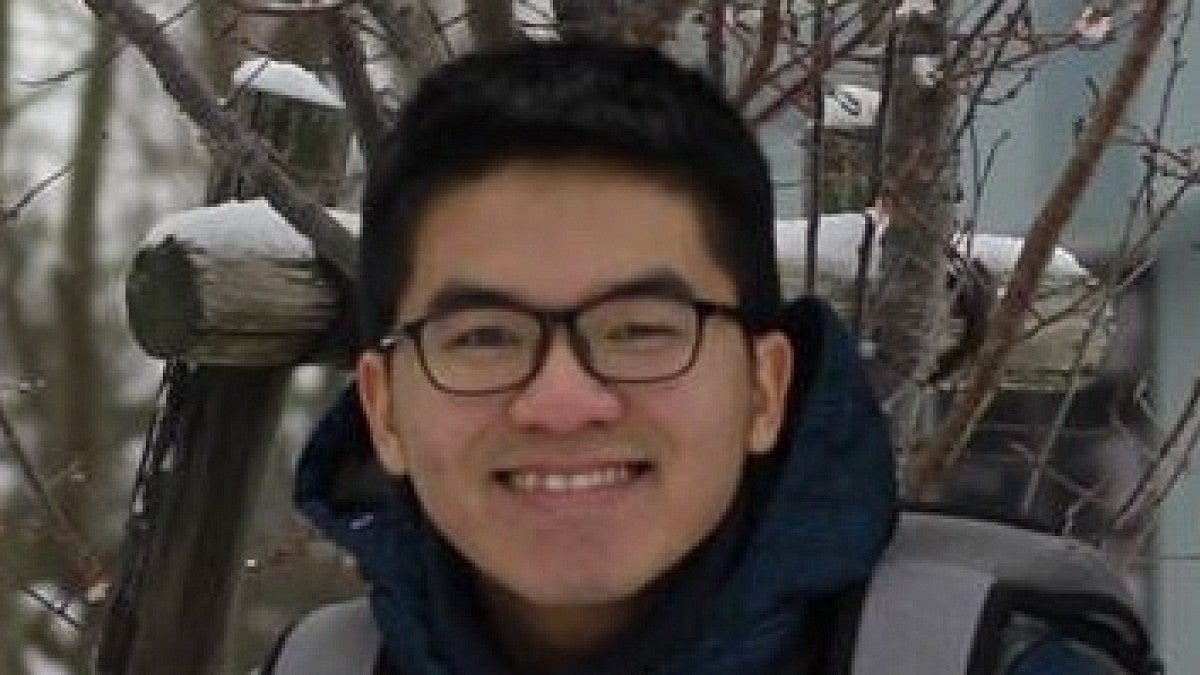
Viet Dac Lai, Computer Science PhD Candidate, 2023
Event Extraction from Historical Texts
Understanding historical events is necessary for the study of contemporary society, culture, and politics. This project focuses on the event extraction task (EE) to detect events and their arguments in historical texts. In a collaboration with Heidi Kaufman in the English Department, this project’s goal is to study the patterns of discourse of slave and non-slave African diaspora rebellions published in nineteenth-century periodical press. To this end, Viet introduced a new EE dataset for a corpus of nineteenth-century African American newspapers, featuring five entity types, 12 event types, and six argument roles that concern slavery and Black movements. His study reveals many challenges for existing EE systems, including the evolution of meanings of words and the extensive use of religious discourse in newspapers from this era. He did extensive experiments with state-of-the-art EE systems, demonstrating their poor performance over historical texts and calling for more robust research efforts in this area.
For more on Viet Dac Lai’s research, explore the RAD Project led by Thien Huu Nguyen.
Interdisciplinary Faculty Research Profiles
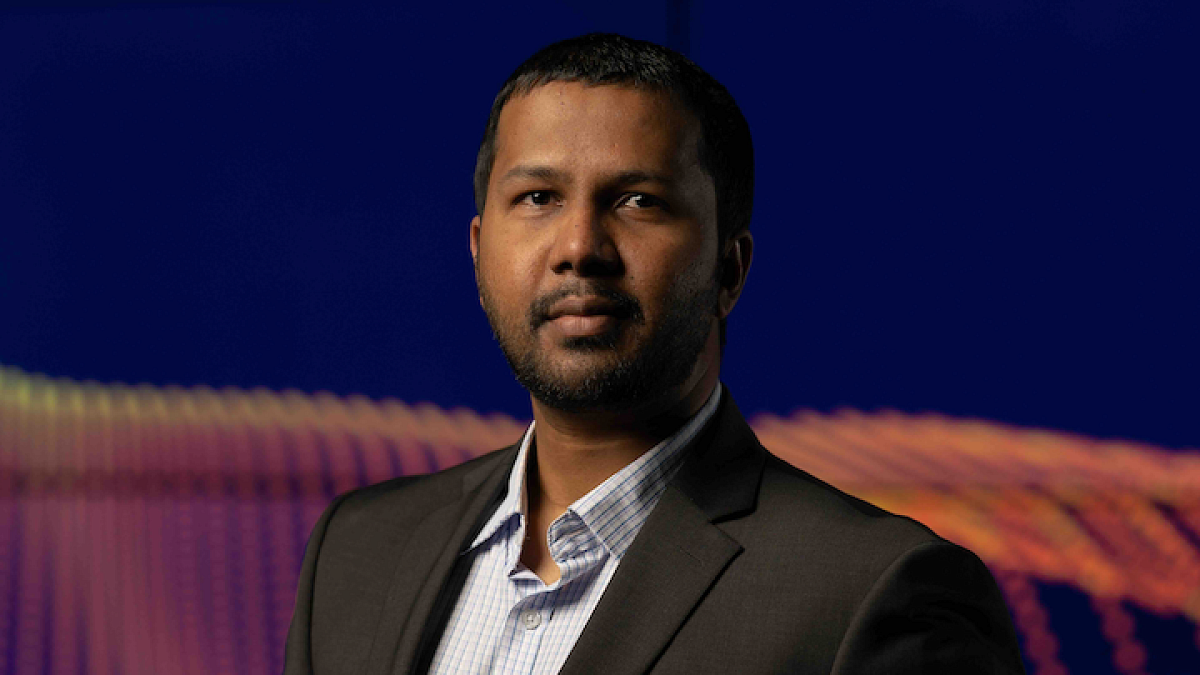
Enhancing the Resilience of Internet against Natural and Climate Change-induced Disasters
Ram Durairajan, assistant professor of Computer Science
The goal is to enhance the resiliency of internet infrastructures against failures resulting from natural disasters such as earthquakes (e.g., ShakeNet project) and climate change-induced risks such as sea level rise (e.g., LightsOut project).
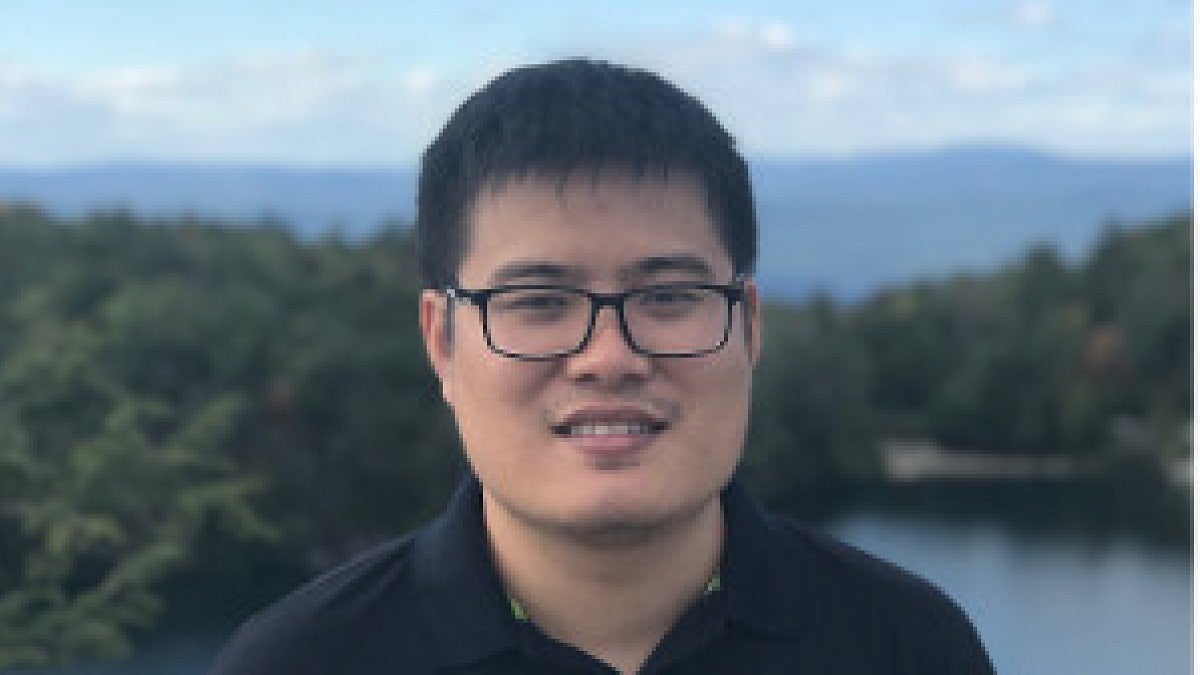
Natural Language Processing
Thien Nguyen, assistant professor of Computer Science, in affiliation with the UO Natural Language Processing Group
Studying the patterns of discourse of Black rebellions in nineteenth-century print culture using text analysis and natural language processing techniques (e.g., the RAD project).

